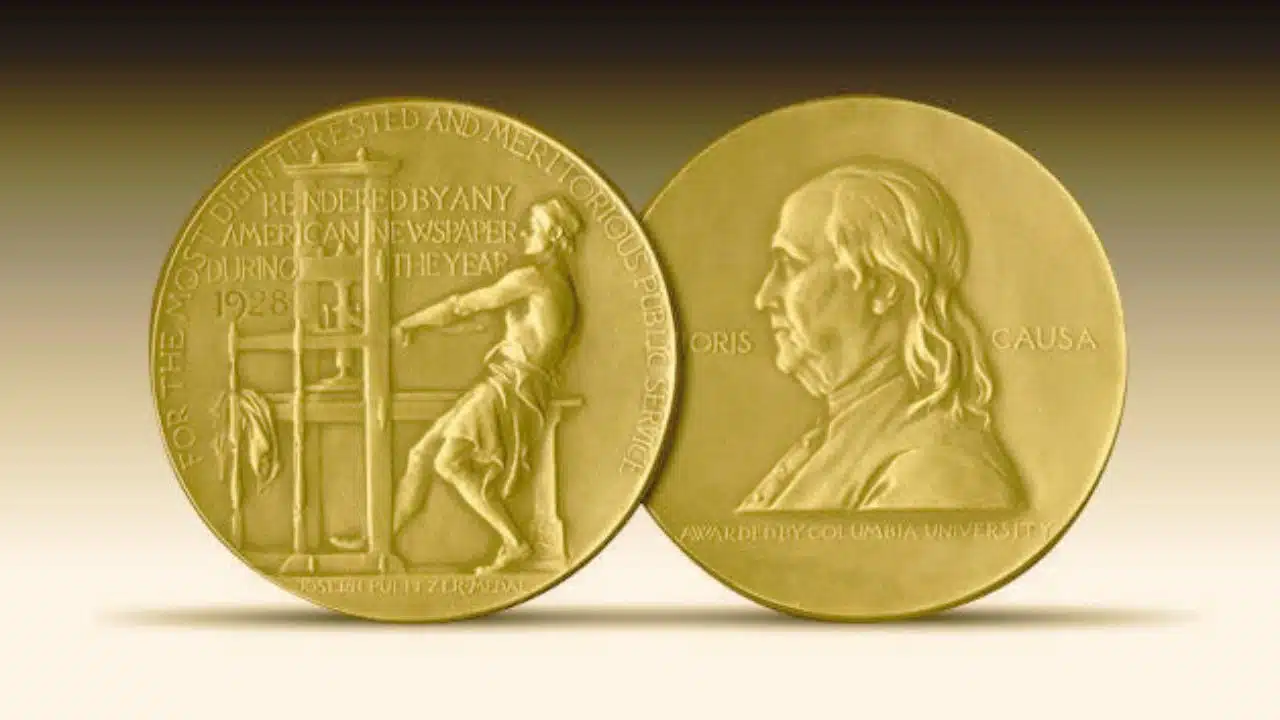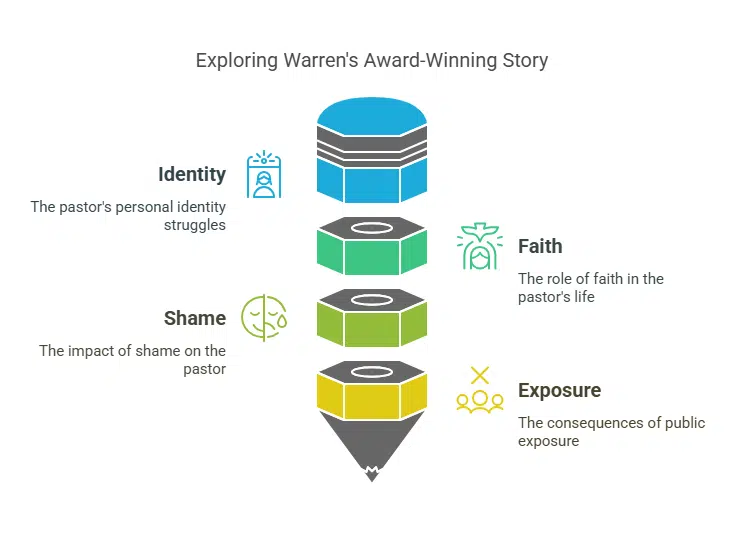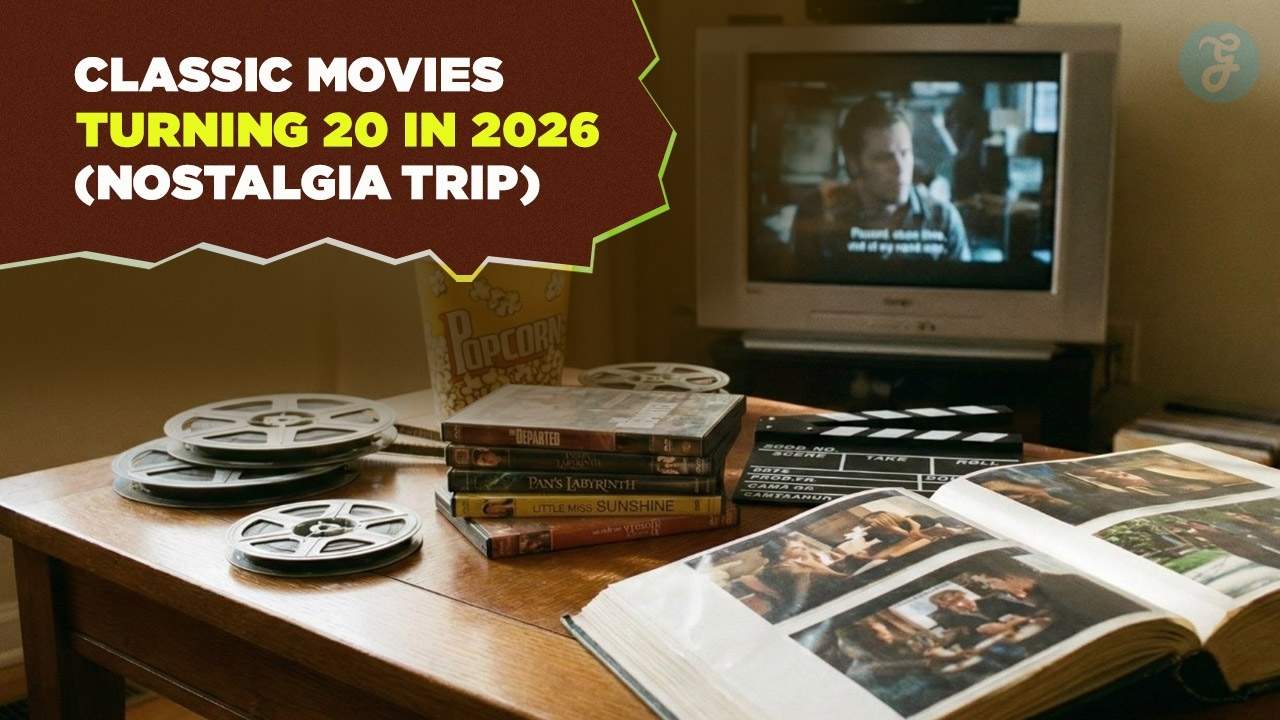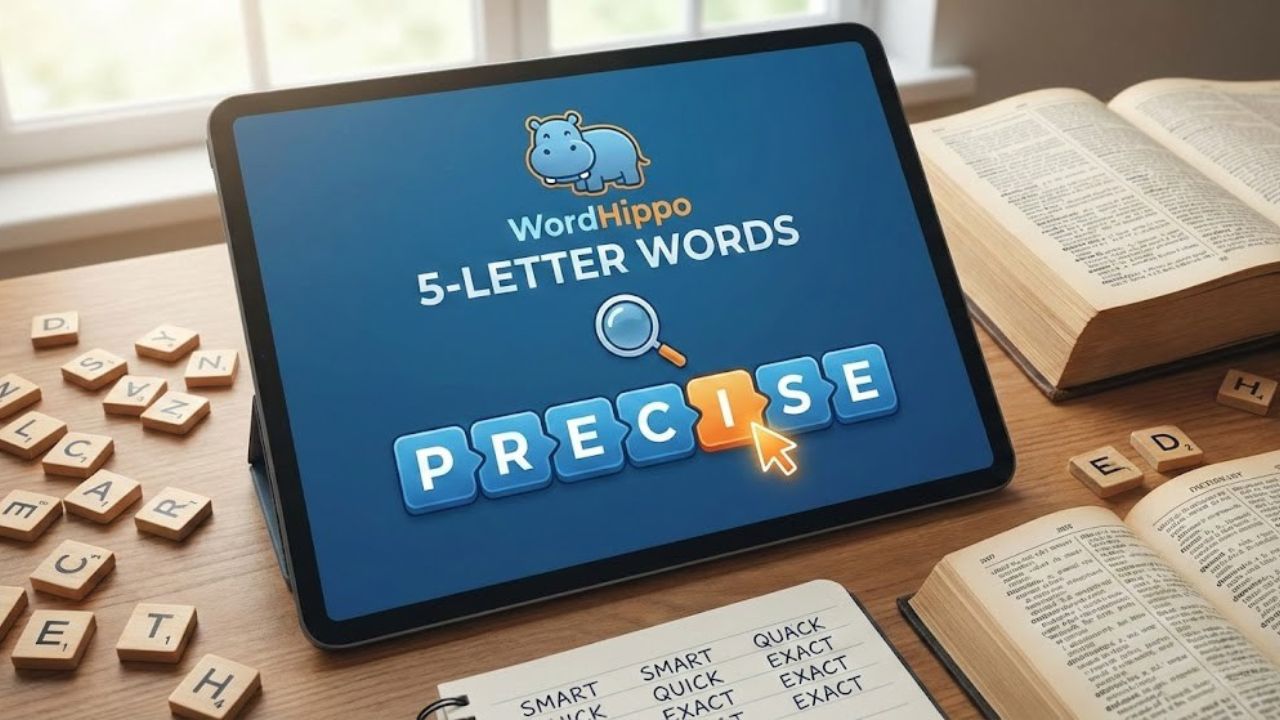The 2025 Pulitzer Prize winners were officially announced on May 6, recognizing excellence across journalism, literature, drama, and music. This year’s honorees reflect a powerful blend of storytelling, investigative depth, and creative expression—many of whom tackled controversial, often dangerous, topics with courage and clarity.
Opening Address: A Sobering Reminder for Journalism
Pulitzer Prize administrator Marjorie Miller opened the awards ceremony with a heartfelt address acknowledging the many challenges faced by journalists and writers across the United States.
“Atop years of severe financial pressures and layoffs, amid the dangers of covering wars and natural disasters, journalists and writers now face additional threats in the form of legal harassment, the banning of books, and attacks on their work and legitimacy,” Miller said.
She added that this year’s finalists and winners exemplified “courageous reporting,” “impactful storytelling,” and creative voices who “stood up for their values.”
Journalism Awards: Investigations That Exposed Truth and Sparked Change
The journalism categories honored work that brought light to injustice, humanized critical issues, and shaped public understanding of complex topics.
Public Service
Winner: ProPublica
Reporters: Kavitha Surana, Lizzie Presser, Cassandra Jaramillo, Stacy Kranitz
ProPublica earned the top award for a heartbreaking investigation that uncovered how pregnant women in states with restrictive abortion laws died after doctors refused care, fearing prosecution. The reporting team highlighted the chaos caused by vague “life of the mother” exceptions.
Breaking News Reporting
Winner: The Washington Post Staff
The team at The Washington Post was awarded for their comprehensive and gripping coverage of the July 13 assassination attempt on then-presidential candidate Donald Trump. They skillfully combined traditional reporting with forensic visual analysis, offering in-depth insights into a pivotal political moment.
Investigative Reporting
Winner: Reuters Staff
In a bold exposé, Reuters detailed the unregulated trade of fentanyl precursors, uncovering how weak oversight in the U.S. and abroad allowed the drug to flood American communities. The series directly connected chemical suppliers in China to the ongoing opioid crisis, which has claimed hundreds of thousands of lives.
Explanatory Reporting
Winners: Azam Ahmed, Christina Goldbaum, Matthieu Aikins (The New York Times)
This team presented an authoritative analysis of how U.S. support for Afghan militias contributed to the Taliban’s resurgence. Their work explained how American decisions unintentionally undermined long-term stability and fueled resentment among civilians.
Local Reporting
Winners: Alissa Zhu, Nick Thieme, Jessica Gallagher (The Baltimore Banner & NYT)
This collaboration uncovered the devastating effects of fentanyl on older Black men in Baltimore. The journalists built a detailed statistical model to map the epidemic’s spread—shared openly with other newsrooms to amplify its impact.
National Reporting
Winner: The Wall Street Journal Staff
WSJ reporters revealed major insights into Elon Musk’s private and political life, including his turn toward right-wing politics, drug use, and undisclosed communications with Russian President Vladimir Putin. The reporting raised public scrutiny around one of the world’s most influential tech leaders.
International Reporting
Winner: Declan Walsh and The New York Times Staff
Their award-winning investigation chronicled the war in Sudan, focusing on the role of foreign powers, gold smuggling, and the atrocities committed by Sudanese forces. The reporting offered an unflinching look at the conflict’s global implications.
Feature Writing
Winner: Mark Warren (Esquire)
Warren’s emotional story centered around a Baptist pastor and small-town mayor who died by suicide after a conservative news site exposed his private digital life. The piece sensitively explored the intersection of identity, faith, and shame.
Commentary
Winner: Mosab Abu Toha (The New Yorker)
In a deeply personal and evocative series, Palestinian poet and writer Abu Toha shared his experience of living through over 18 months of war in Gaza. His essays combined memoir with on-the-ground reporting to humanize a devastating conflict.
Criticism
Winner: Alexandra Lange (Bloomberg CityLab)
Lange’s graceful commentary focused on architecture and public spaces for families, showing how thoughtful design fosters community and child development. Her writing blended interviews, observation, and cultural critique.
Editorial Writing
Winners: Raj Mankad, Sharon Steinmann, Lisa Falkenberg, Leah Binkovitz (Houston Chronicle)
The team highlighted the deadly risks of dangerous train crossings in Texas, centering on the affected communities and demanding regulatory change. Their series had a strong public policy impact.
Illustrated Reporting and Commentary
Winner: Ann Telnaes (The Washington Post)
Telnaes was awarded for her bold and incisive cartoons critiquing figures like Donald Trump and tech billionaires. Her work sparked controversy at the Post, where she resigned earlier this year after a cartoon was censored. Her recognition is seen as a powerful statement about press freedom.
Breaking News Photography
Winner: Doug Mills (The New York Times)
Mills captured a now-iconic photo of the bullet mid-air during the Trump assassination attempt, among a sequence of dramatic images from that day. The photo became a defining image in political journalism.
Feature Photography
Winner: Moises Saman (The New Yorker)
Saman’s black-and-white photographs of Sednaya prison in Syria revealed the haunting aftermath of torture under the Assad regime. His images confront viewers with the physical and psychological scars left behind.
Audio Reporting
Winner: The New Yorker Staff (“In the Dark” Podcast)
The team produced a powerful four-year investigation into the Haditha massacre, where U.S. Marines killed 25 unarmed Iraqi civilians in 2005. The podcast exposed systemic cover-ups and military resistance to accountability.
Literary & Arts Awards: Powerful Stories That Resonate
Fiction
Winner: James by Percival Everett (Doubleday)
This novel reimagines Huckleberry Finn from the viewpoint of Jim, offering a satirical yet searing critique of slavery, racial injustice, and freedom. Already honored by the National Book Award, James challenges readers to confront the whitewashed narrative of American literature.
Drama
Winner: Purpose by Branden Jacobs-Jenkins
A compelling play that explores the legacy of a Civil Rights patriarch through the lens of his upper-middle-class Black family. Blending humor and pathos, it asks how different generations define progress and purpose.
History (Two Winners)
-
Native Nations: A Millennium in North America by Kathleen DuVal
A sweeping account of Native American resilience over 1,000 years. -
Combee by Edda L. Fields-Black
This meticulously researched book recounts a slave rebellion led by Harriet Tubman that liberated over 750 people in a single day.
Biography
Winner: Every Living Thing by Jason Roberts
A beautifully written biography of Carl Linnaeus and Georges-Louis de Buffon—two 18th-century scientists whose work helped shape our modern understanding of the natural world.
Memoir or Autobiography
Winner: Feeding Ghosts by Tessa Hulls
A graphic memoir that illustrates the lives of three generations of Chinese women, examining the trauma and strength passed down through family and history.
Poetry
Winner: New and Selected Poems by Marie Howe
This collection reflects on themes of loneliness, mortality, and spiritual longing, blending intimate experience with universal truths.
General Nonfiction
Winner: To the Success of Our Hopeless Cause by Benjamin Nathans
A monumental work that traces the Soviet dissident movement, chronicling the lives of brave individuals who defied authoritarianism.
Music
Winner: “Sky Islands” by Susie Ibarra
A vibrant, improvisational piece that uses soloist performance to explore biodiversity and ecosystems, challenging traditional notions of composition.
Special Citation: Chuck Stone’s Legacy
A special citation was awarded posthumously to Chuck Stone, a pioneering Black journalist and co-founder of the National Association of Black Journalists. Stone was celebrated for his fearless coverage of the Civil Rights Movement and his decades of influential writing that shaped American media.
The 2025 Pulitzer Prizes spotlight the extraordinary power of journalism, literature, and the arts to confront injustice, tell untold stories, and enrich public discourse. These winners not only reflect excellence in their craft—they represent voices that challenge, inspire, and provoke thought across generations.






































